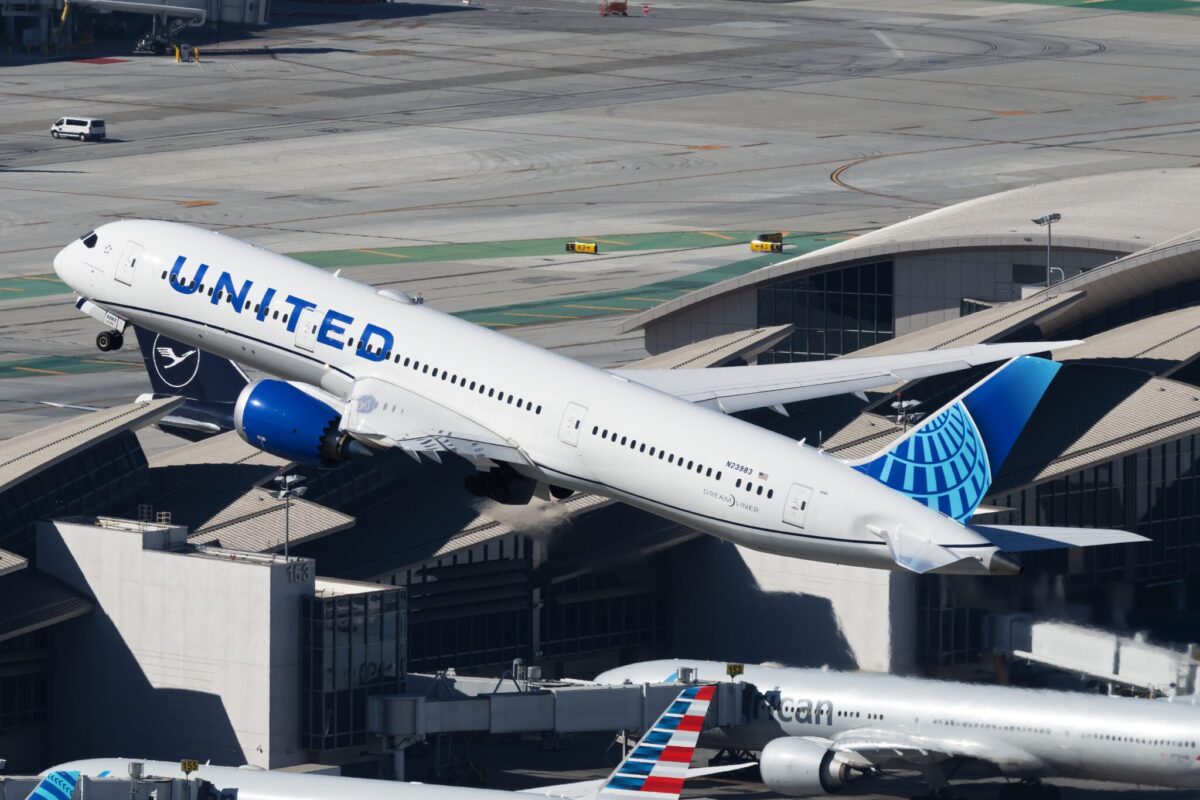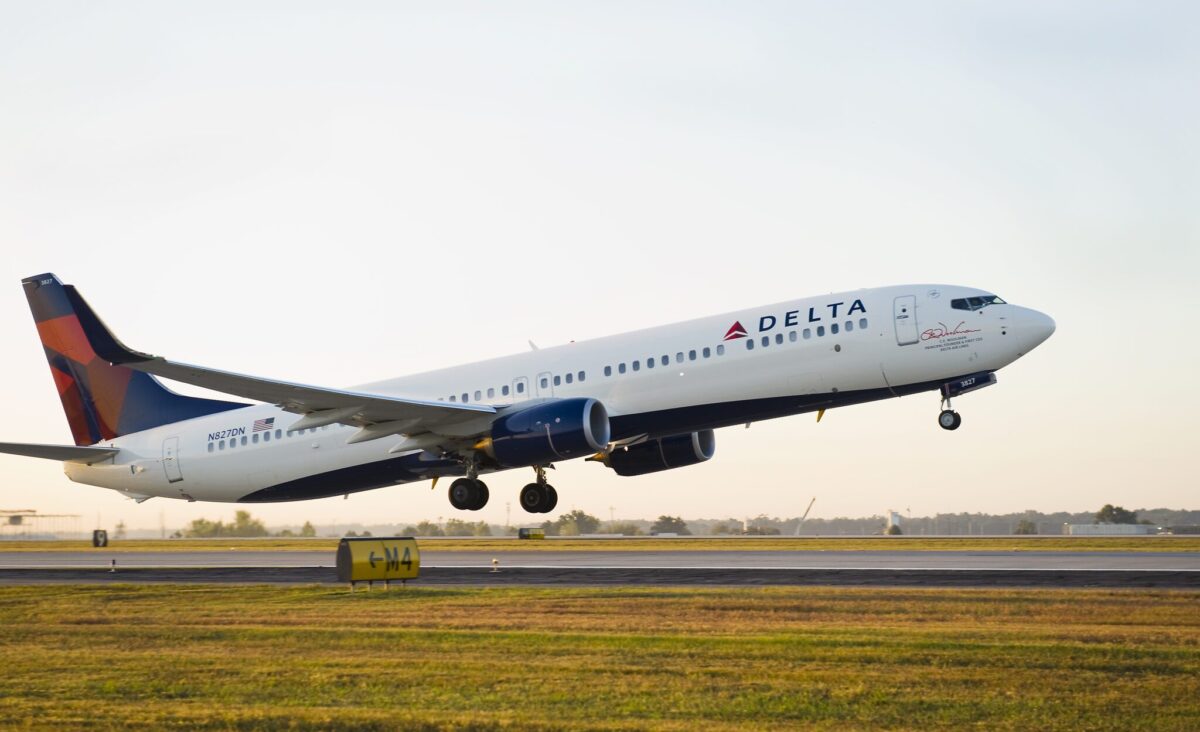Affirm Signs Booking.com as Latest Buy Now, Pay Later Partner

Skift Take
Affirm, the buy now, pay later vendor, now has both sides of what used to be called the online travel "duopoly" with its latest partner, Booking.com. The former duopoly, at least according to hotel industry critics, was Expedia Group and Booking Holdings.
With the Thursday announcement that Booking.com customers would see Affirm's buy now, pay later options at checkout when they are purchasing trips, Affirm now counts several Booking Holdings brands as partners, also including Agoda, Priceline and Kayak.
Booking.com customers would view options to pay for a trip biweekly or monthly.
"Expanding our relationship with Booking Holdings enables us to provide Booking.com customers with increased access to responsible credit, given Affirm only approves purchases we believe can and will be repaid," Affirm's Wayne Pommen, chief revenue officer, said in a statement as part of the announcement.
Affirm boasted a 30-day delinquency rate of 2.3% as of June 30, excluding loans to Peloton customers and users of a Pay in 4 option, though 43% of its receivables were from customers with FICO credit scores lower than the 650 to 660 range, out of a maximum of 850.
Affirms rates can run from 0%, where a partner subsidizes the payment through higher than normal fees as a customer promotion, to a 36% annual percentage rate depending on the credit profile, basket size, and length of payment.
Expedia.com and sister brand Vrbo are also Affirm clients. Airbnb partnered with Klarna for buy now pay later, and the feature is currently live for booking in the U.S. and Canada.
Affirm, which offers what it calls flexible payment options across multiple sectors, from home and furniture to apparel, is increasing its footprint in travel. During an earnings call last month, the company reported that travel and ticketing (concerts/events) represented 17% of its gross merchandise value, a more than 45% year-over-year increase.
Between student loans, credit cards, and increasingly buy now pay, later plans, Americans' debt loads are increasing. Debt.org says American household debt rose 19.4% to $16.9 trillion from 2019 to 2022.
The Atlantic argued that the Gen Z proclivity to pile on debt through nontraditional payment plans means The 'Buy Now, Pay Later' Bubble Is About to Burst.
Affirm President Libor Michalek doesn't see it that way.
In a Skift interview in August, Michalek said Affirm takes customers' total debt profiles into account, adding that Affirm wouldn't make any money if the customer can't repay the loan. Affirm travelers see the total cost up-front, including interest and fees. That's different from revolving credit like credit card payments, where the consumer is charged interest depending on the size of the unpaid balance.
While it isn't an argument against risks of a debt bubble, Michalek claimed that buy now, pay later constitutes 5% and 13% of U.S. and the Dutch e-commerce, respectively.
Asked about how rising interest rates impact his business, Michalek said some of those hikes get passed along to borrowers.
Buy now pay, later bubble or not, Affirm seems to be finding a sweet spot with travelers who couldn't otherwise afford to pay for their trips. Transactions per active consumer jumped 32% in the quarter that ended June 30, and the Affirm Card now has more than 300,000 active users; cardholders conduct triple the transactions compared with Affirm users overall, the company said.
Still Affirm, a public company founded in 2012, saw its net loss widen to $985.3 million in the fiscal year that ended June 30, from a $707 million net loss a year earlier. Revenue grew 17% to $1.58 billion.
Affirm has never been profitable as a public company on a GAAP net income basis, and at one juncture generated about a quarter of its revenue through a Peloton partnership.





